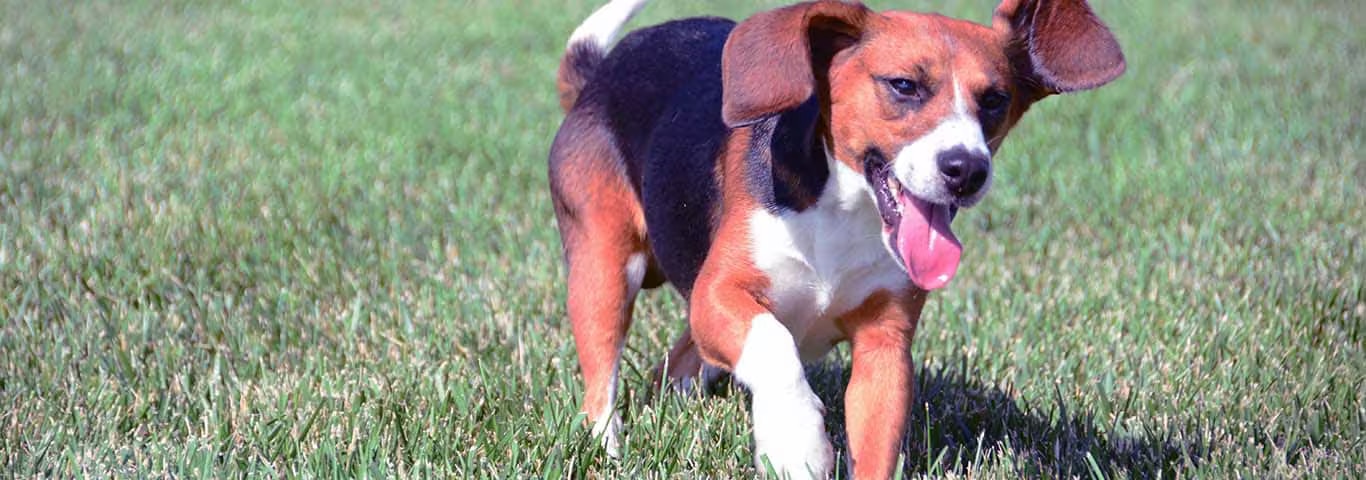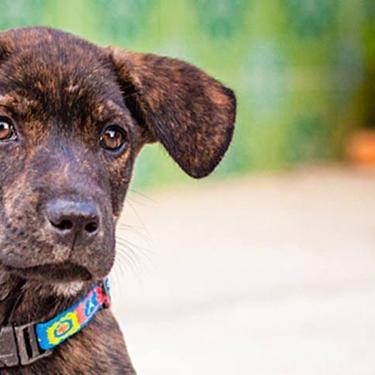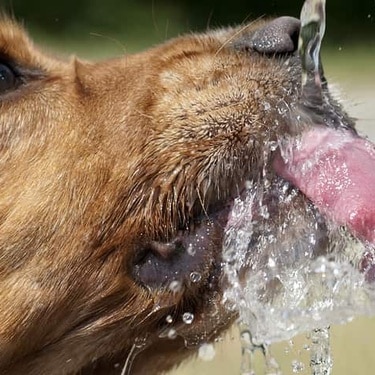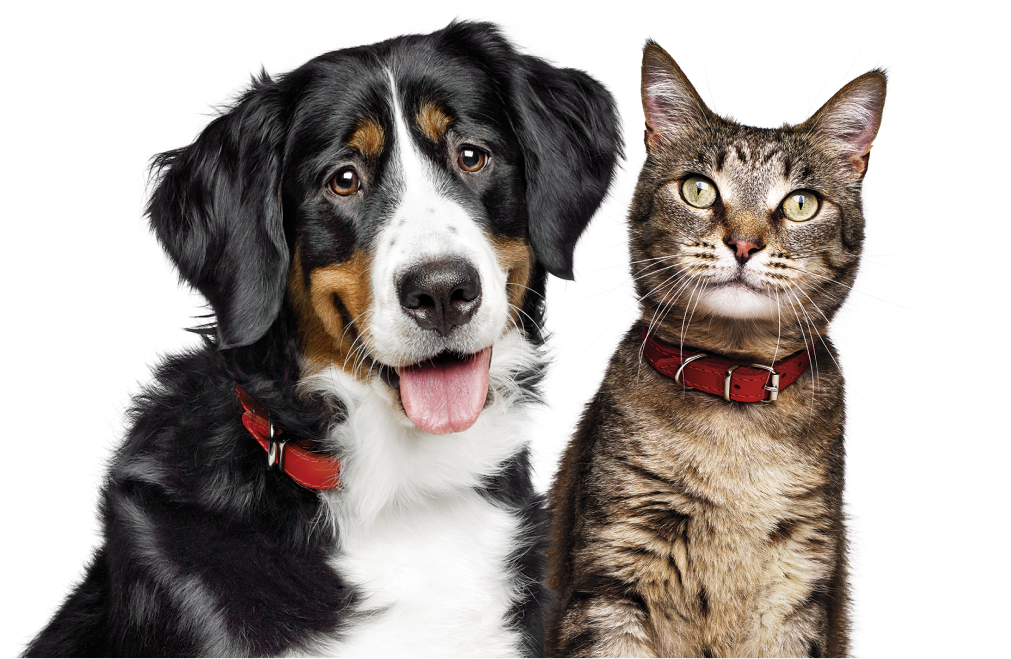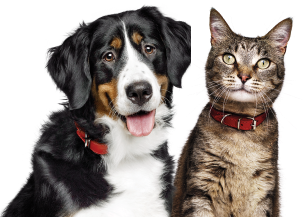Beagles are widely considered to be good with other pets and children. They are cheerful dogs that like affection. They prefer company, however, and if left alone, may howl and be destructive. According to one consumer's guide on dogs, beagles also top the list for excessive barking and can be difficult to housebreak and obedience train.
Beagles are active, curious dogs. They are also hound dogs, so it's in their nature to roam. Care must be taken to prevent them from wandering off into harm's way by keeping them contained in a fenced-in yard or on a leash when outside of the house.
Beagles also are friendly little dogs. Don't depend on them to guard your house. They may bark, but are unlikely to do much more than wag their tails if confronted with an intruder.
Their short coat is remarkably easy to care for and requires minimal grooming and only occasional bathing. Once past puppyhood, some beagles seem to easily become overweight, so watch the caloric intake. The beagle's life expectancy is about 12 years.
Diet Suggestions:
Puppy: Hill's Science Diet Puppy Dry Dog Food.
Adult: Hill's Science Diet Adult Dry Dog Food.
Mature: Hill's Science Diet Senior Adult 7+ Dry Dog Food.
The beagle breed has existed for hundreds of years and is one of the most familiar breeds in the world. According to one breed historian, beagles were written about as early as the 1400s.
Beagles descend from hounds used in packs by hunters on foot in England, Wales and France. A variety known as "pocket beagles" was used for hunts on horseback because the dogs stood less than 25 cm tall and could be carried in a coat pocket to the start of the hunt. The beagle is best known for rabbit hunting, although the breed also has been used to hunt animals as diverse as jackals and wild pigs.
Although some beagles are still used individually or in packs for hunting, most beagles today are lovable house pets.












